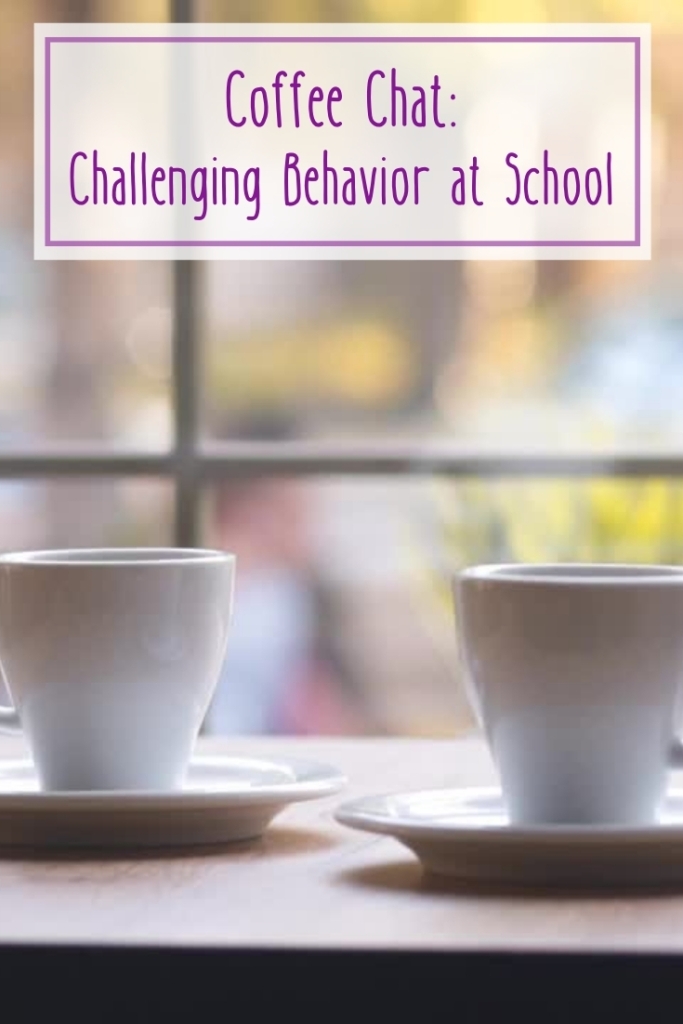No more pencils, no more books...
For us in Georgia, it’s the last week of school. While our teachers are trying to get ahead of summer learning loss, only 48% of parents have heard of it. So what is it and should parents honestly worry about it?
Summer learning loss (aka summer slide or summer brain drain) is forgetting key information and/or academic skills previously mastered during the seasonal break. It’s most common in the US and Canada since we have lengthier summer recesses compared to other countries. So, while our kids soak up the sun, sleep in, and go on adventures, their education routine takes a back seat. Studies show that an average student loses 17-34% of their prior year’s academic gains over the summer. Kids who fall behind one summer are likely to widen that gap as more time goes on.
Continue reading




